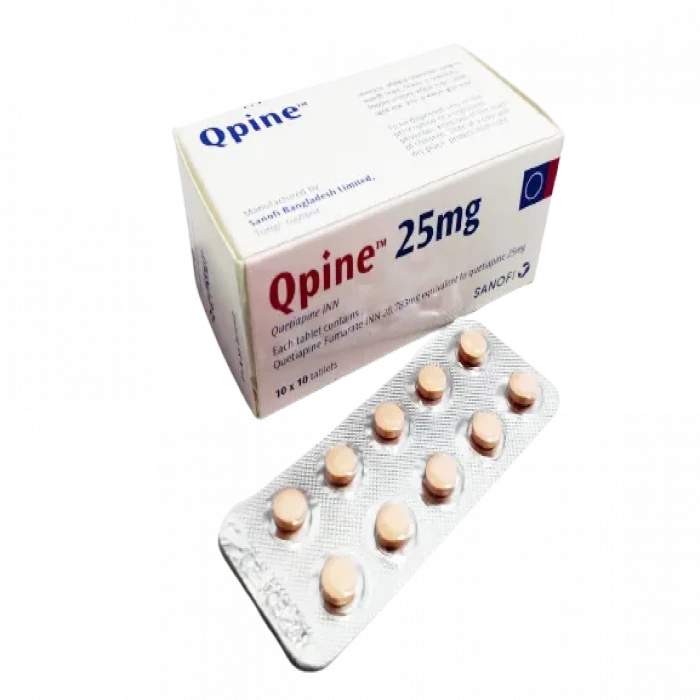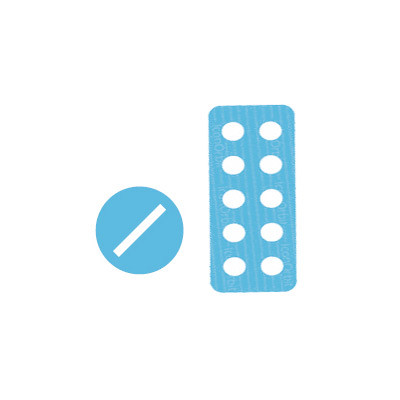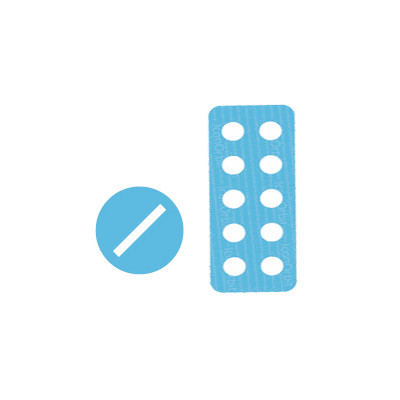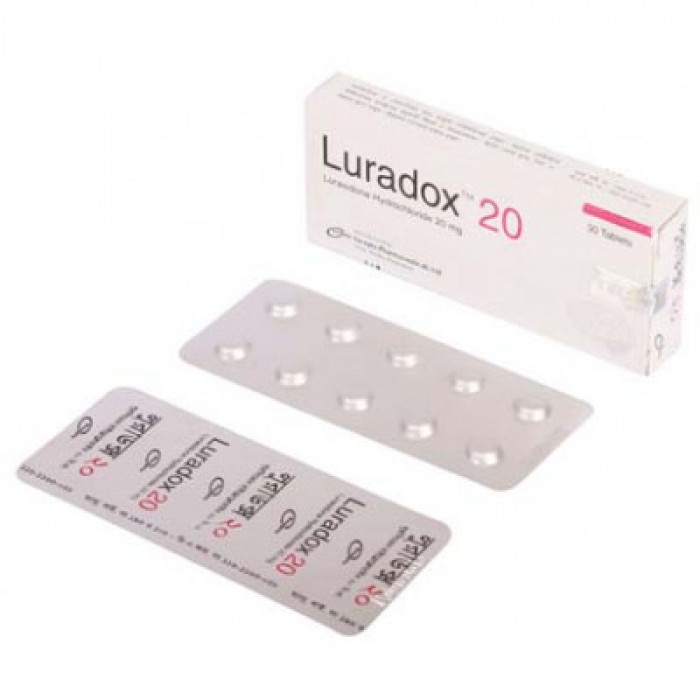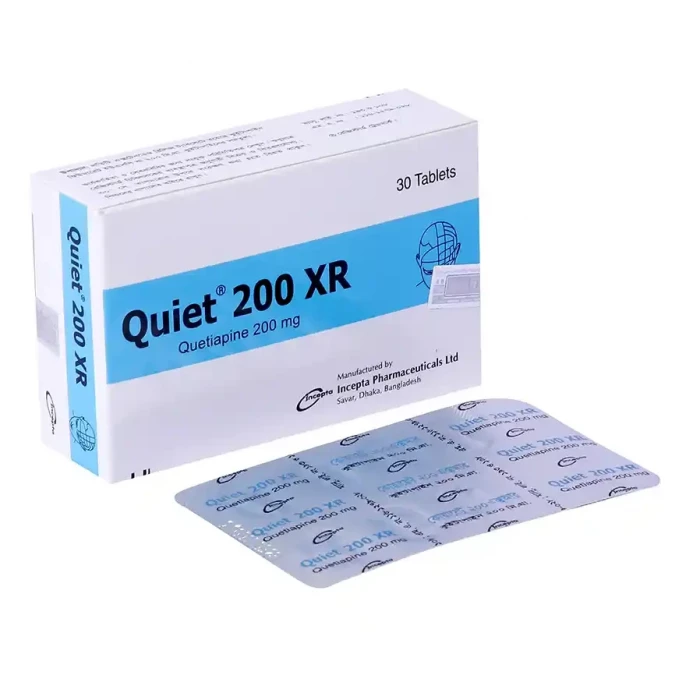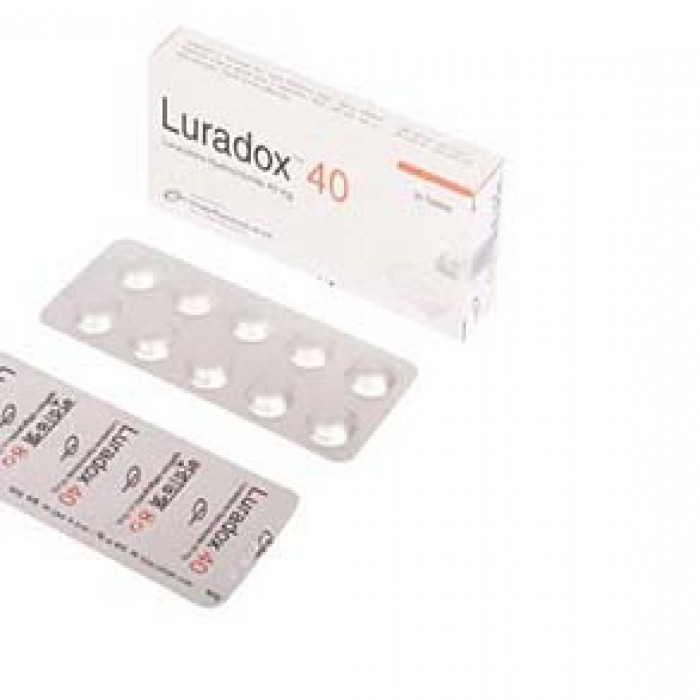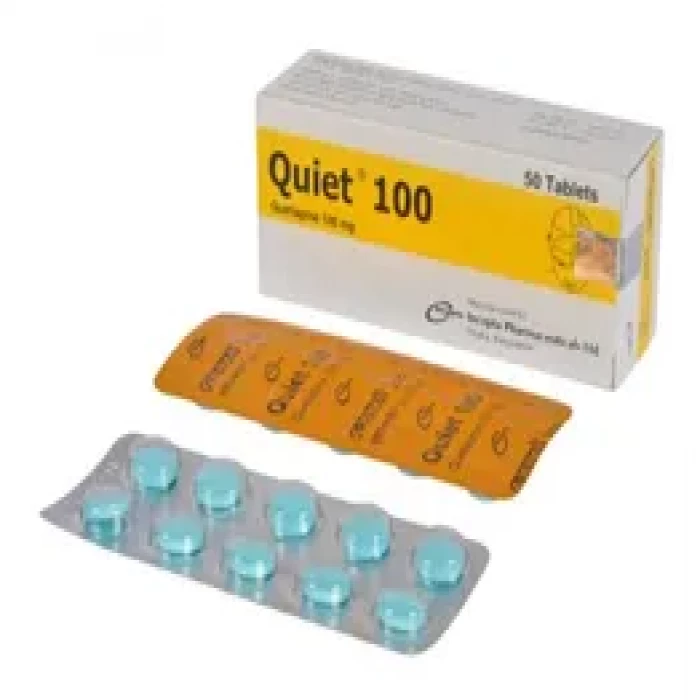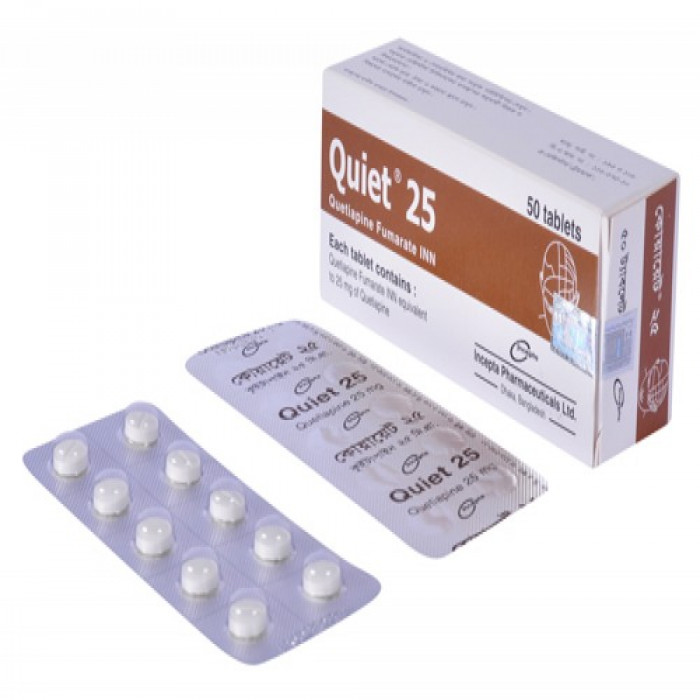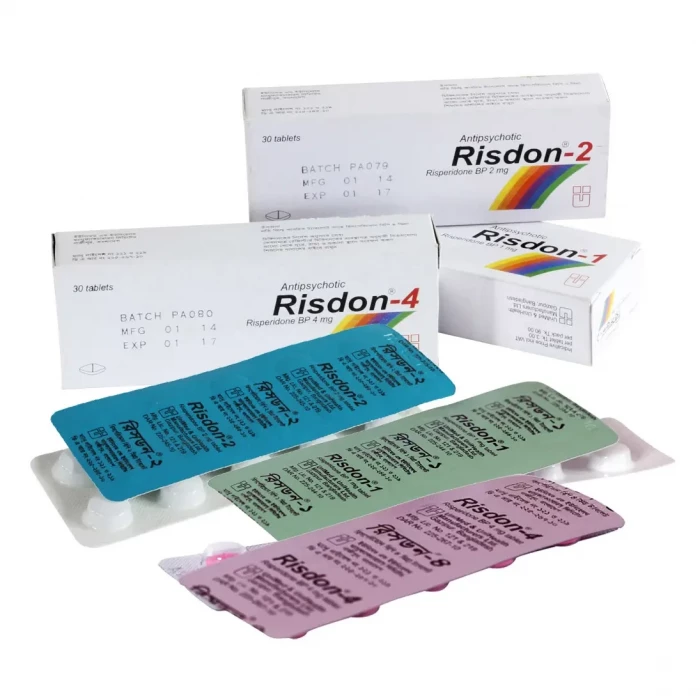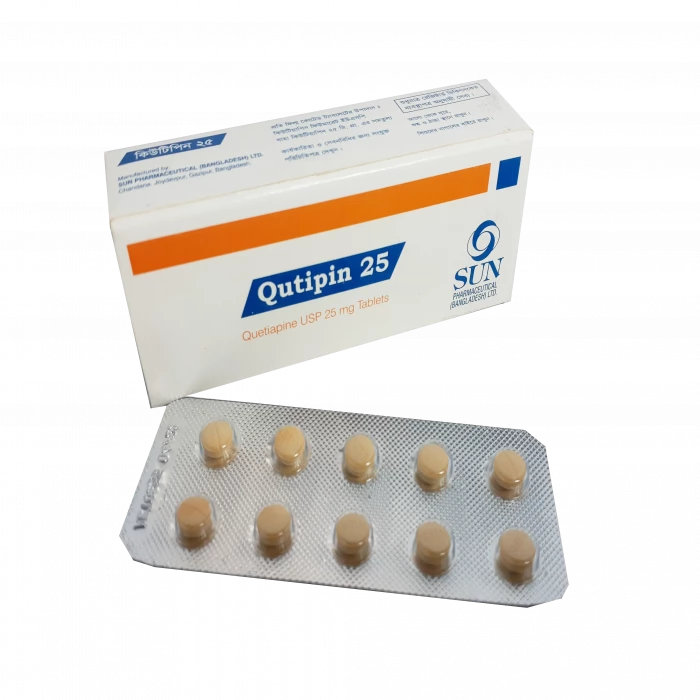
✔ 100% Authentic Product
👁️ Currently Viewing 2098
Discount
Price: ৳ 209
MRP:
৳
220
5%
Off

100% Genuine Products, Guaranteed

Safe & Secure Payments, Always

Fast, Secure & Efficient Delivery

Proper Packaging
 Cash on Delivery - All over Bangladesh
Cash on Delivery - All over Bangladesh Regular Delivery - 12-24 Hours, Dhaka City* Charge Tk.39-59
Regular Delivery - 12-24 Hours, Dhaka City* Charge Tk.39-59 Regular Delivery - 24-48 Hours, Other Cities* Charge Tk.99-110
Regular Delivery - 24-48 Hours, Other Cities* Charge Tk.99-110
🌙 রমযান অফার 🌙
 ফ্রি ডেলিভারিঃ - ৭৯৯ টাকা+ অর্ডারে, ঢাকা
শহরে
ফ্রি ডেলিভারিঃ - ৭৯৯ টাকা+ অর্ডারে, ঢাকা
শহরে ফ্রি ডেলিভারিঃ - ২৭৯৯ টাকা+ অর্ডারে, ঢাকার
বাহিরে
ফ্রি ডেলিভারিঃ - ২৭৯৯ টাকা+ অর্ডারে, ঢাকার
বাহিরে
📲 মোবাইল অ্যাপ অর্ডারে সাশ্রয় বেশী
-
Google Play Store থেকে ডাউনলোড
-
Apple Store থেকে ডাউনলোড
100% Genuine Products, Guaranteed
Safe & Secure Payments, Always
Fast, Secure & Efficient Delivery
Proper Packaging
 Cash on Delivery - All over Bangladesh
Cash on Delivery - All over Bangladesh Regular Delivery - 12-24 Hours, Dhaka City* Charge Tk.39-59
Regular Delivery - 12-24 Hours, Dhaka City* Charge Tk.39-59 Regular Delivery - 24-48 Hours, Other Cities* Charge Tk.99-110
Regular Delivery - 24-48 Hours, Other Cities* Charge Tk.99-110 ফ্রি ডেলিভারিঃ - ৭৯৯ টাকা+ অর্ডারে, ঢাকা
শহরে
ফ্রি ডেলিভারিঃ - ৭৯৯ টাকা+ অর্ডারে, ঢাকা
শহরে ফ্রি ডেলিভারিঃ - ২৭৯৯ টাকা+ অর্ডারে, ঢাকার
বাহিরে
ফ্রি ডেলিভারিঃ - ২৭৯৯ টাকা+ অর্ডারে, ঢাকার
বাহিরে- Google Play Store থেকে ডাউনলোড
- Apple Store থেকে ডাউনলোড
🌙 রমযান অফার 🌙
📲 মোবাইল অ্যাপ অর্ডারে সাশ্রয় বেশী
✅ Description:
Indications
Quetiapine is used to treat acute and chronic psychoses, such as schizophrenia, as well as bipolar disorder, including: treatment of manic episodes that meet DSM-IV criteria for mania in bipolar disorder, treatment of depressive episodes in bipolar disorder, and maintenance treatment of bipolar I disorder in combination with a mood stabilizer to prevent relapse.
Pharmacology
Quetiapine's mechanism of action, like that of other medicines used to treat schizophrenia and acute manic episodes associated with bipolar illness, remains uncertain. However, it has been suggested that the drug's efficacy in schizophrenia is mediated via antagonism of dopamine type 2 (D2) and serotonin type 2 (5HT2). Some of the other effects of Quetiapine could be explained by antagonistic interactions with receptors other than dopamine and 5HT 2 that have similar receptor affinities. The inhibition of histamine H1 receptors by quetiapine could explain the drug's somnolence. The inhibition of adrenergic 1 receptors by quetiapine could explain the orthostatic hypotension seen with the drug.
Dosage & Administration
Acute and chronic psychoses, including schizophrenia: Quetiapine should be administered twice daily, with or without food. The total daily dose for the first four days of therapy is 50 mg (Day 1), 100 mg (Day 2), 200 mg (Day 3) and 300 mg (Day 4). From Day 4 onwards, the dose should be titrated to the usual effective dose range of 300-450 mg/day. However, this may be adjusted, depending on the clinical response and tolerability of the individual patient, within the range 150 to 750 mg/day.
Manic episodes associated with bipolar disorder: Quetiapine should be administered twice daily, with or without food. The total daily dose for the first four days of therapy is 100 mg (Day 1), 200 mg (Day 2), 300 mg (Day 3) and 400 mg (Day 4). Further dosage adjustments up to 800mg/day by Day 6 should be in increments of no greater than 200 mg/day. The dose may be adjusted depending on clinical response & tolerability of the individual patient, within the range of 200 to 800 mg/day. The usual effective dose is in the range of 400 to 800mg/day.
Depressive episodes associated with bipolar disorder: Quetiapine should be administered once daily at bedtime, with or without food. The usual dose is 300 mg/day. The daily dose for the first four days of therapy is 50 mg (Day 1), 100 mg (Day 2), 200 mg (Day 3) and 300 mg (Day 4). Quetiapine can be titrated to 400 mg on Day 5 and up to 600mg by Day 8. Antidepressant efficacy was demonstrated with Quetiapine at 300mg and 600 mg, however no additional benefit was seen in the 600mg group during short term treatment.
Maintenance treatment of bipolar I disorder in combination with mood stabilizers: Patients who have responded to Quetiapine in combination therapy with a mood stabiliser for acute treatment of bipolar disorder should continue on Quetiapine therapy at the same dose. Quetiapine dose can be re-adjusted depending on clinical response and tolerability of the individual patient. Efficacy was demonstrated with Quetiapine (administered twice daily totalling 400mg to 800mg a day) as combination therapy with a mood stabilizer.
Interaction
When Quetiapine is taken with other medications that are known to cause electrolyte imbalance or increase the QT interval, caution should be exercised. When Quetiapine was taken with thioridazine or carbamazepine, the clearance of Quetiapine increased. Quetiapine clearance was also increased when it was given in combination with another microsomal enzyme inducer, phenytoin.
Contraindications
Patients who are hypersensitive to quetiapine should avoid it.
Side Effects
Somnolence, dizziness, dry mouth, withdrawal (discontinuation) symptoms, elevations in serum triglyceride levels, elevations in total cholesterol (predominantly LDL cholesterol), decreases in HDL cholesterol, weight gain, decreased haemoglobin, and extrapyramidal symptoms are the most commonly reported Adverse Drug Reactions (ADRs) with Quetiapine.
Pregnancy & Lactation
Quetiapine's safety and efficacy during human pregnancy have yet to be determined. As a result, quetiapine should only be taken during pregnancy if the benefits outweigh the dangers, and the dose and duration of treatment should be kept as low as feasible. It is unknown how much Quetiapine is secreted in human milk. Breast-feeding mothers should be counseled about using Quetiapine while they are nursing.
Precautions & Warnings
Suicide/suicidal thoughts or clinical worsening: Suicidal thoughts, self-harm, and suicide are all linked to depression (suicide-related events). This danger exists until there is a major remission.
Patients with known cardiovascular illness, cerebrovascular disease, or other diseases that predispose to hypotension should use quetiapine with caution. During the initial dose-titration period, quetiapine may cause orthostatic hypotension.
Patients having a history of seizures should be treated with caution, as with other antipsychotics.
Extrapyramidal Symptoms (EPS) and Tardive Dyskinesia: If signs and symptoms of tardive dyskinesia emerge, the dose of Quetiapine should be reduced or discontinued.
Antipsychotic therapy has been linked to the development of neuroleptic malignant syndrome. Quetiapine should be stopped and medical attention should be sought.
QT Prolongation: When Quetiapine is used in individuals with cardiovascular illness or a family history of QT prolongation, caution should be exercised, as with other antipsychotics.
Therapeutic Class
Atypical neuroleptic drugs
Storage Conditions
Keep this drug out of children's sight and reach. After the expiration date on the blister pack and the carton, do not use this drug. The expiration date refers to the month's last day. Store away from light in a cool, dry location.
⚠️Disclaimer:
At ePharma, we’re committed to providing accurate and accessible health information. However, all content is intended for informational purposes only and should not replace medical advice from a qualified physician. Please consult your healthcare provider for personalized guidance. We aim to support, not substitute, the doctor-patient relationship.





